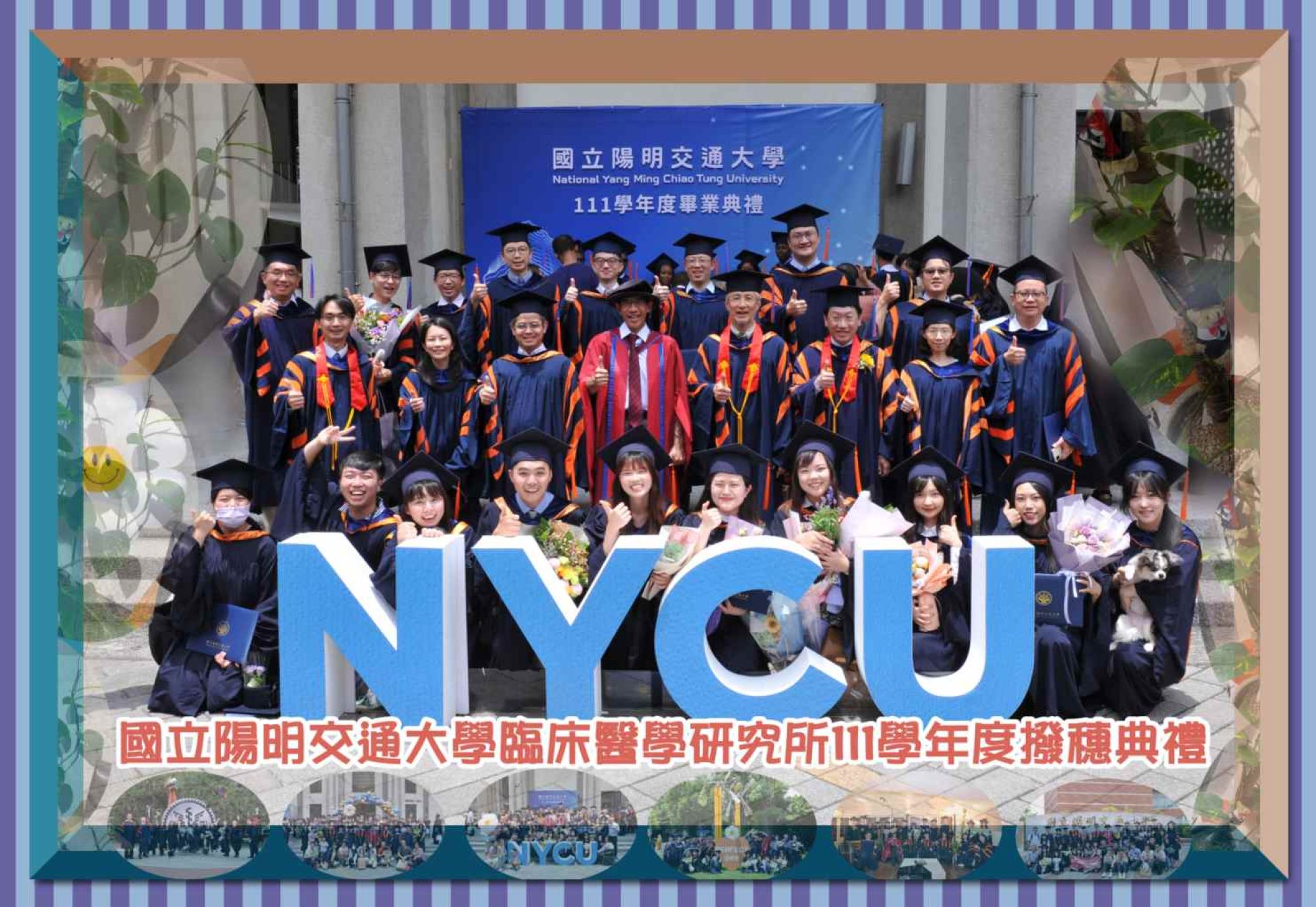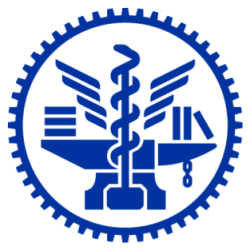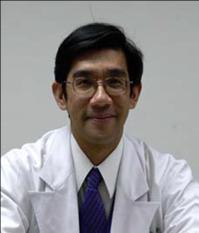
EDUCATION AND POSITIONS HELD:
- M.D., School of Medicine, National Yang-Ming University, 1993
- M.Sc., University College London, UK, 1999
- Ph.D., University College London, UK, 2002
- EMBA, National Chengchi University, 2008
- Clinical Visiting Fellow, Royal National Orthopaedic Hospital, UK, 1998-2001
- Chairman, Dept. of Orthopaedic Surgery, Taitung Veterans Hospital, 2003-2005
- Director, Stem Cell Research Center, National Yang-Ming University, 2007-present
- Assistant Professor, Institute of Clinical Medicine, National Yang-Ming University, 2007
- Associate Professor, Institute of Clinical Medicine, National Yang-Ming University, 2007-2010
- Professor, Institute of Clinical Medicine, National Yang-Ming University, 2010-2016
- Deputy Dean, Office of International Affairs, National Yang-Ming University, 2010-2013
- Deputy Superintendent, Taipei City Hospital, 2014-2018
- Chair Professor, National Yang Ming Chiao Tung University, 2016-present
- Vice Superintendent, China Medical University Hospital, 2020- present
HONORS:
- Best Paper Award, Annual Meeting of Taiwan Orthopaedic Association, 2002, 2003
- New Investigator Recognition Award, 50th Annual Meeting of Orthopedic Research Society, USA, 2004
- Best Research Award, Taipei Veterans General Hospital, 2005
- Wu Ta-Yu Memorial Award, National Science Council, Taiwan, 2006
- Taipei Veterans General Hospital Citation Classic Award, 2008
- The Outstanding Young Persons of Taiwan, Medical Research Award, 2008
- Outstanding Research Award, National Science Council, Taiwan, 2008
- Academia Sinica Research Award for Junior Research Investigators, Life Science Award, 2009
- Great Academic Achievement Award at the 50th Anniversary of Taipei Veterans General Hospital, 2009
- Best Research Award, Taipei Veterans General Hospital, 2009
- Academic Excellence Award, National Yang-Ming University, 2009-2016
- Best Research Award, Taipei Veterans General Hospital, 2013
- Outstanding Research Award, Ministry of Science and Technology, Taiwan, 2014
- Pride of the Nation Academic Award for Outstanding International Achievement, 2015
- Outstanding Alumni Award: Academic Achievement, National Yang-Ming University, 2017
- The Hsin Ling Award, New Taipei City Medical Association, 2017
- FutureTech Breakthrough Award, Ministry of Science and Technology, Taiwan, 2019
- MOST Top 10 Scientific Journal Articles of Disruptive Innovation, 2020
- 2021 National Innovation Award, Institute for Biotechnology and Medicine Industry, Taiwan, 2021
- 2022 National Innovation Award, Institute for Biotechnology and Medicine Industry, Taiwan, 2022
RESEARCH INTERESTS:
The major research theme of Dr. Lee’s lab is plasticity and application of MSCs. Being an orthopaedic surgeon as well as a stem cell scientist, Dr. Lee is particularly interested in developing new application of MSCs to treat orthopaedic problems. The research interests also include osteoporosis, bone cell biology, and biophysical effects on bone cells and stem cells, and bone tumor biology. The lab has pioneered to successfully isolate MSCs not only from human bone marrow but also from human umbilical cord blood, human parathyroid gland, fat tissues and cruciate ligaments. In addition, Dr. Lee’s group is among the first to demonstrate the differentiation potential of MSCs into hepatocytes as well as the feasibility of using MSCs to treat fulminant hepatic failure. They also worked on an animal model of in utero transplantation of human MSCs into mice to investigate their differentiation potentials in vivo.
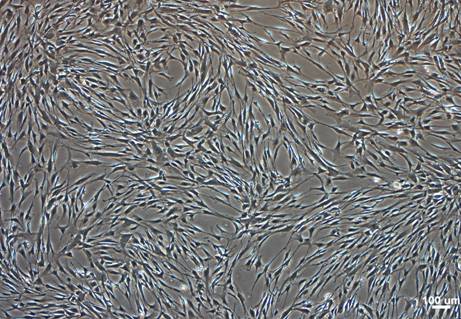
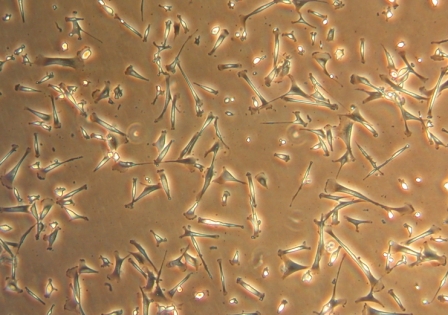
Dr. Lee has studied extensively the mechanisms governing the proliferation and differentiation process of MSCs. Regarding the proliferation ability, they demonstrated the advantages of low oxygen and low glucose culture condition, and the disadvantages of cell contact of MSCs during maintenance. Regarding the differentiation potential, they further investigated the effects of using electrospun type I collagen nanofibers as a scaffold for tissue engineering, the effects of concomitant overexpression of Cbfb and Cbfa-1, the effects of matrix stiffness, the changes of mitochondrial biogenesis, and the changes of phosphoprotein expression during osteogenic differentiation. In addition, they developed a surface plasmon resonance biosensor that potentiates the real-time detection of MSCs during osteogenic differentiation. Furthermore, Dr. Lee’s lab has also made great efforts studying the role of hMSCs in regulating hematopoietic stem cell fate and their therapeutic potential to treat lupus nephritis, spinocerebellar ataxia and diabetes in different animal models
